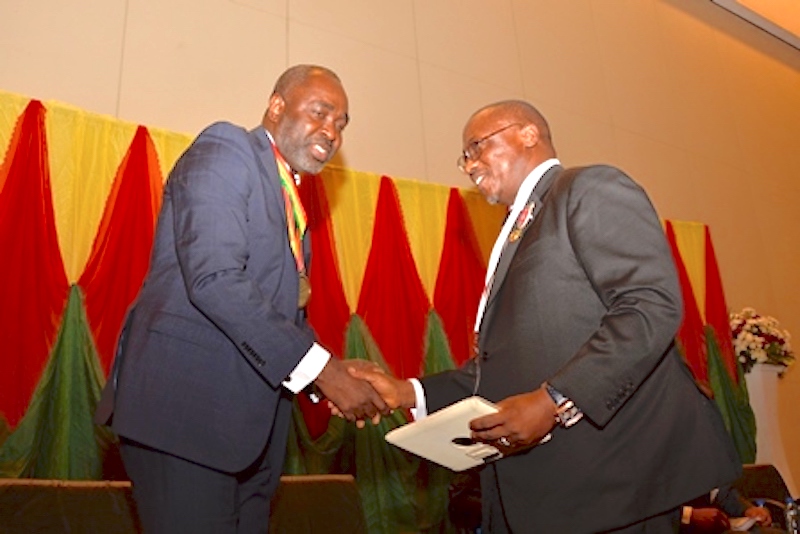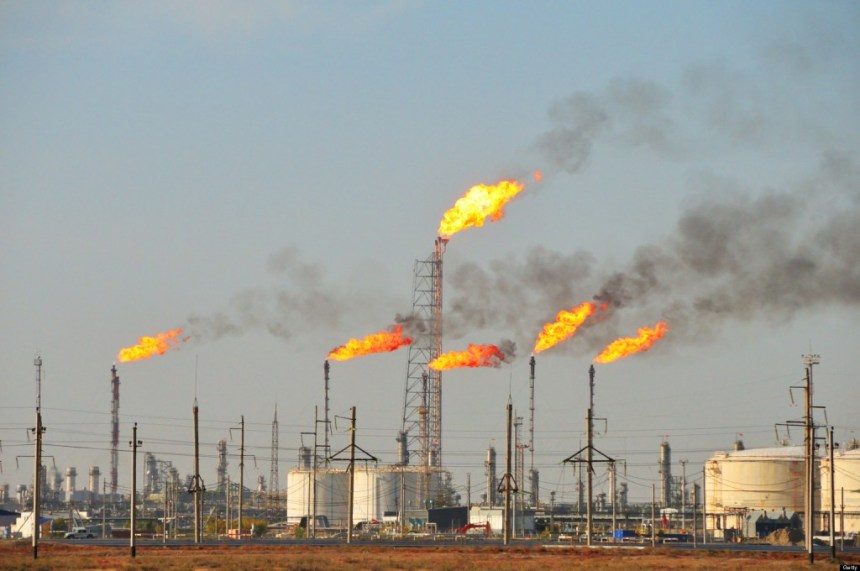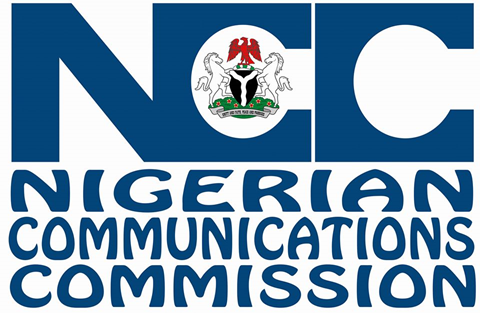The Nigerian National Petroleum Corporation has secured a total of $3.7bn in Alternative Financing Agreement in the last three years, Maikanti Baru, Group Managing Director (GMD) said Wednesday, according to a statement on the corporation’s website.
Baru revealed this while speaking at the 35th Annual Conference of the Nigerian Association of Petroleum Explorationists (NAPE) in Lagos, where he also reiterated that securing external funding arrangement was crucial to sustaining oil and gas production in Nigeria and ensuring the survival of Nigeria’s energy future.
In his words, “within the last three (3) years, we have embarked on several successful Alternative Funding Programmes to sustain and increase the national daily production and producibility.”

Maikanti Baru, NNPC’s Group Managing Director and Abiodun Adesanya, the President, Nigerian Association of Petroleum Explorationists (NAPE)
According to the GMD, the $3.7bn financing package included the $1.2billion multi-year drilling financing package for 23 onshore and 13 offshore wells under NNPC/Chevron Nigeria Limited Joint Venture termed Project Cheetah and the $2.5Billion alternative funding arrangements for NNPC/SPDC JV ($1Billion) termed Project Santolina; NNPC/CNL JV ($780Million) termed Project Falcon as well as the NNPC/First E&P JV and Schlumberger Agreement ($700Million).
Oil prices dip after U.S. crude hits near two-year high on pipeline shutdown
Project Cheetah is expected to increase crude oil production by 41,000bopd and 127Mmscfd with a Government-take of $6billion over the life of the Project.
In the same vein, Baru added that projects Santolina, Falcon and the NNPC/First E&P JV and Schlumberger Funding Arrangement are expected to increase combined production of crude oil and condensate by 150,000bopd and 618MMscfd of gas with a combined Government-take of about $32billion over the life of the Projects.
He observed that evolving a new funding mechanism for the JV operations was a critical part of the present administration of President Muhammadu Buhari’s far-reaching reforms aimed at eliminating cash call regime, enhancing efficiency and guaranteeing growth in the nation’s oil and gas industry.
Explaining further, Dr. Baru noted that as a result of the cash call underfunding challenge which rose to about $1.2bn in 2016 alone, NNPC and its JV partners began exploring alternative funding mechanisms that would allow the JV business finance itself in order to sustain and grow the business.
He added that with average JV cash call requirement of about $600 million a month, coupled with flat low budget levels over the past years, the budgeted volumes were hardly delivered.
In his observation, Baru said that “it is difficult to deliver the volumes without adequate funding. The low volumes and by extension low revenues had resulted in the underfunding of the Industry by Government, which has stymied production growth.”
The new Alternative Funding Arrangement in place, JVs will now relieve Government of the cash call burden by sourcing for funds for their operations (estimated at $7-$9 billion annually), according to the statement signed by Ndu Ughamadu, Group General Manager.
Baru, who spoke on the theme: “Review of the Current State of Funding for the Upstream Sector and the need for a New Policy Initiative”, commended NAPE for its contributions towards shaping the Oil and Gas landscape in Nigeria, said it was incumbent on NNPC to associate with such a professional body for the benefit of the nation.
“It is on record that key pieces of legislation such as the Marginal Fields Act and the Deepwater Fiscal Policies, the Nigerian Content Act, as well as the Unitization Policy were all based on templates that came out of previous NAPE Conferences,” he said.
Corroborating Baru’s case for Alternative Funding, former GMD of NNPC, Funsho Kupolokun, called for fresh approaches such as the involvement of more indigenous participation to address the challenges of funding upstream operations in the country.
Earlier in his speech, President of NAPE, Abiodun Adesanya, described the challenge of cash call as very critical because it affects all the objectives and targets of growing the reserves and increasing crude oil production in the country.
This year’s NAPE Conference has as its theme: “Beyond Cash Call: New Funding Strategies for the Nigerian Upstream Oil & Gas Industry.








